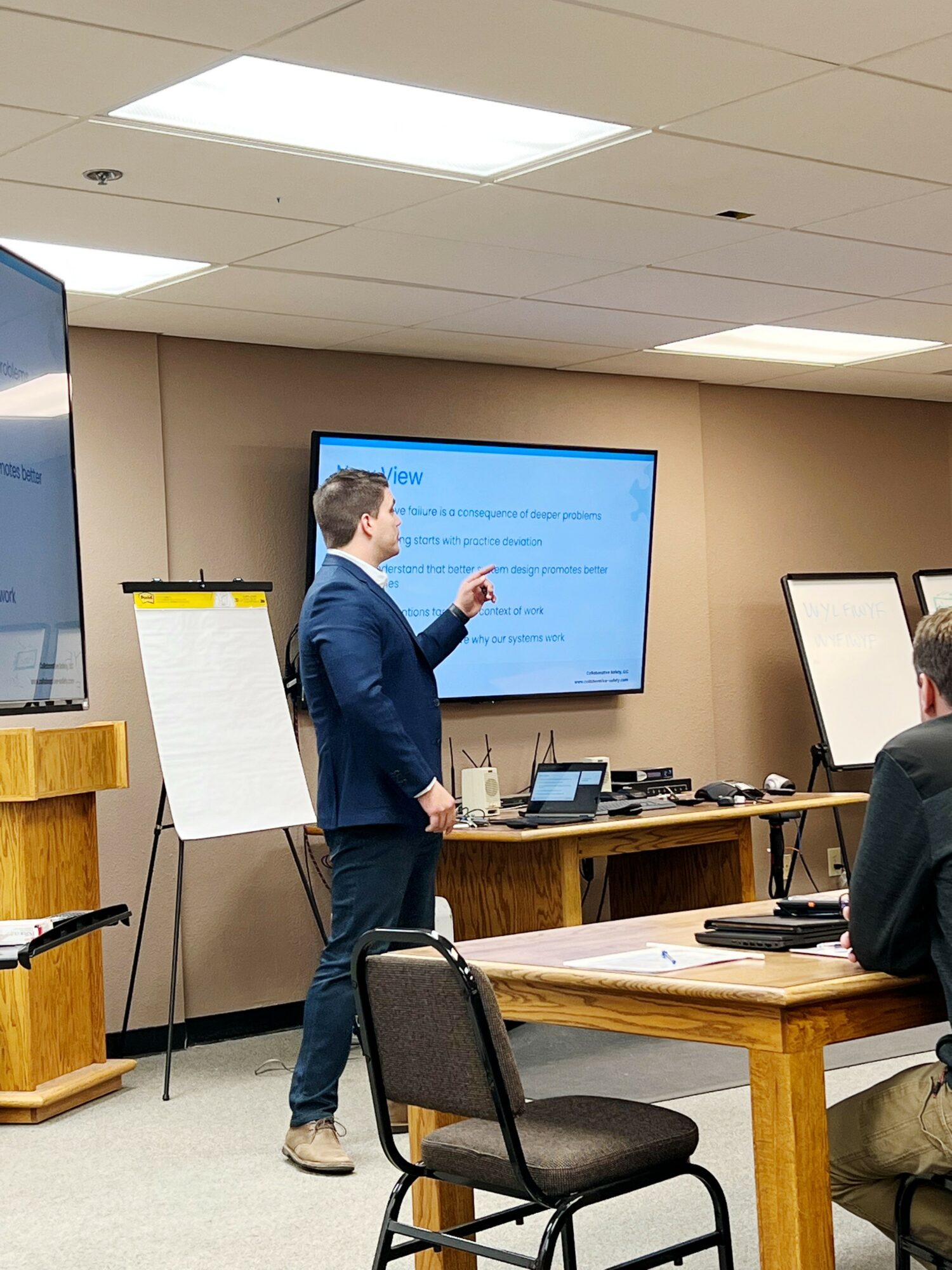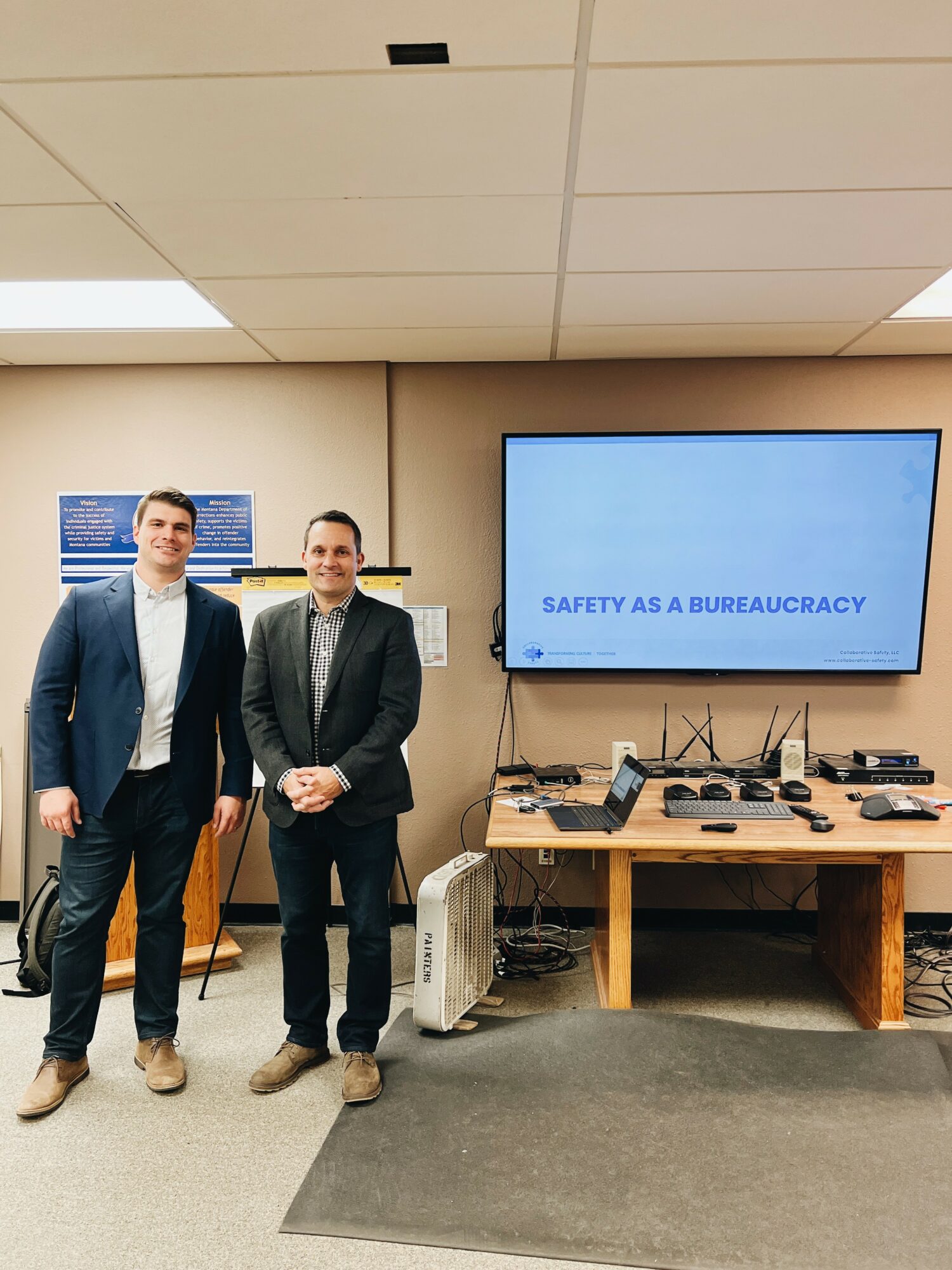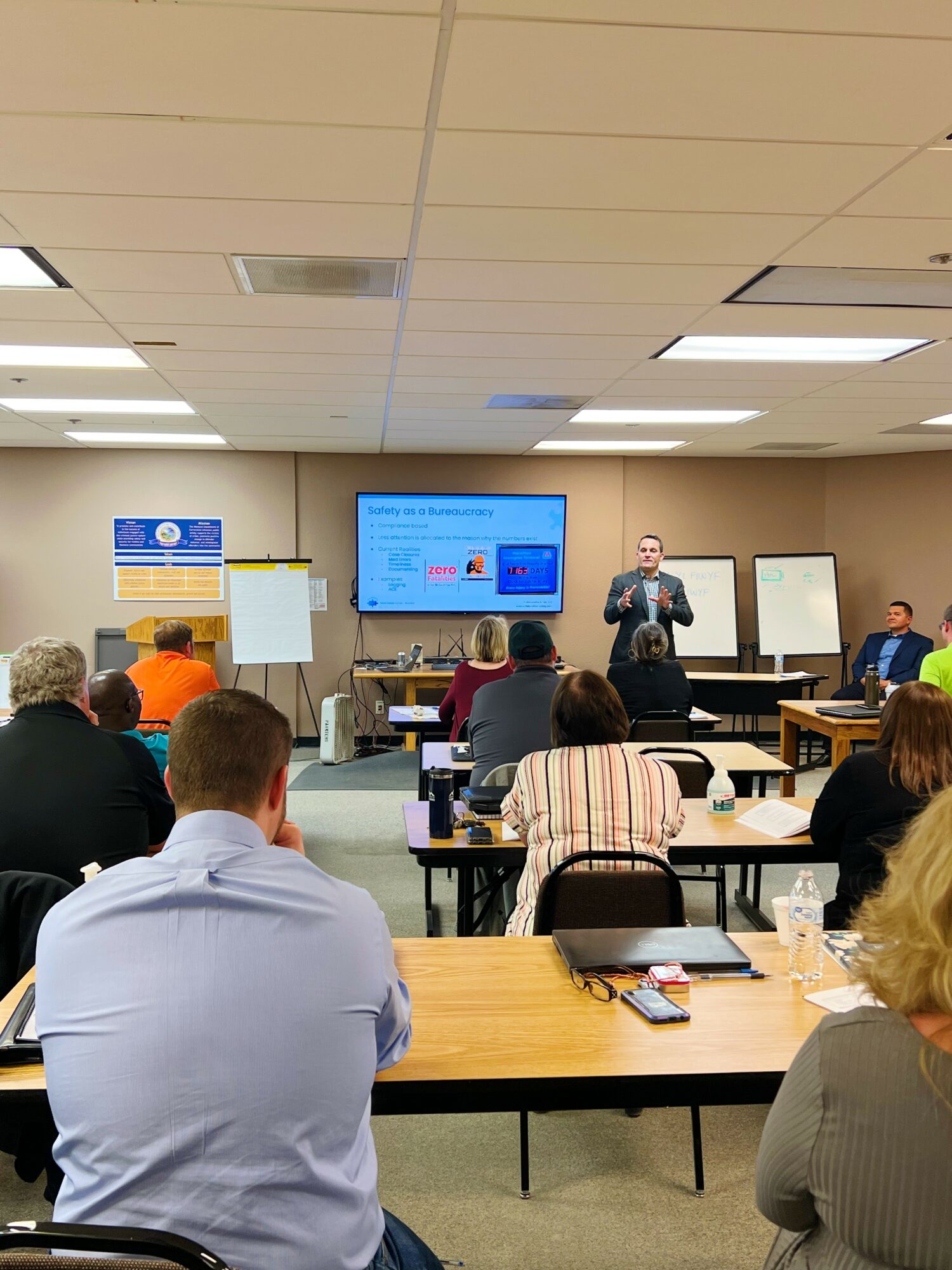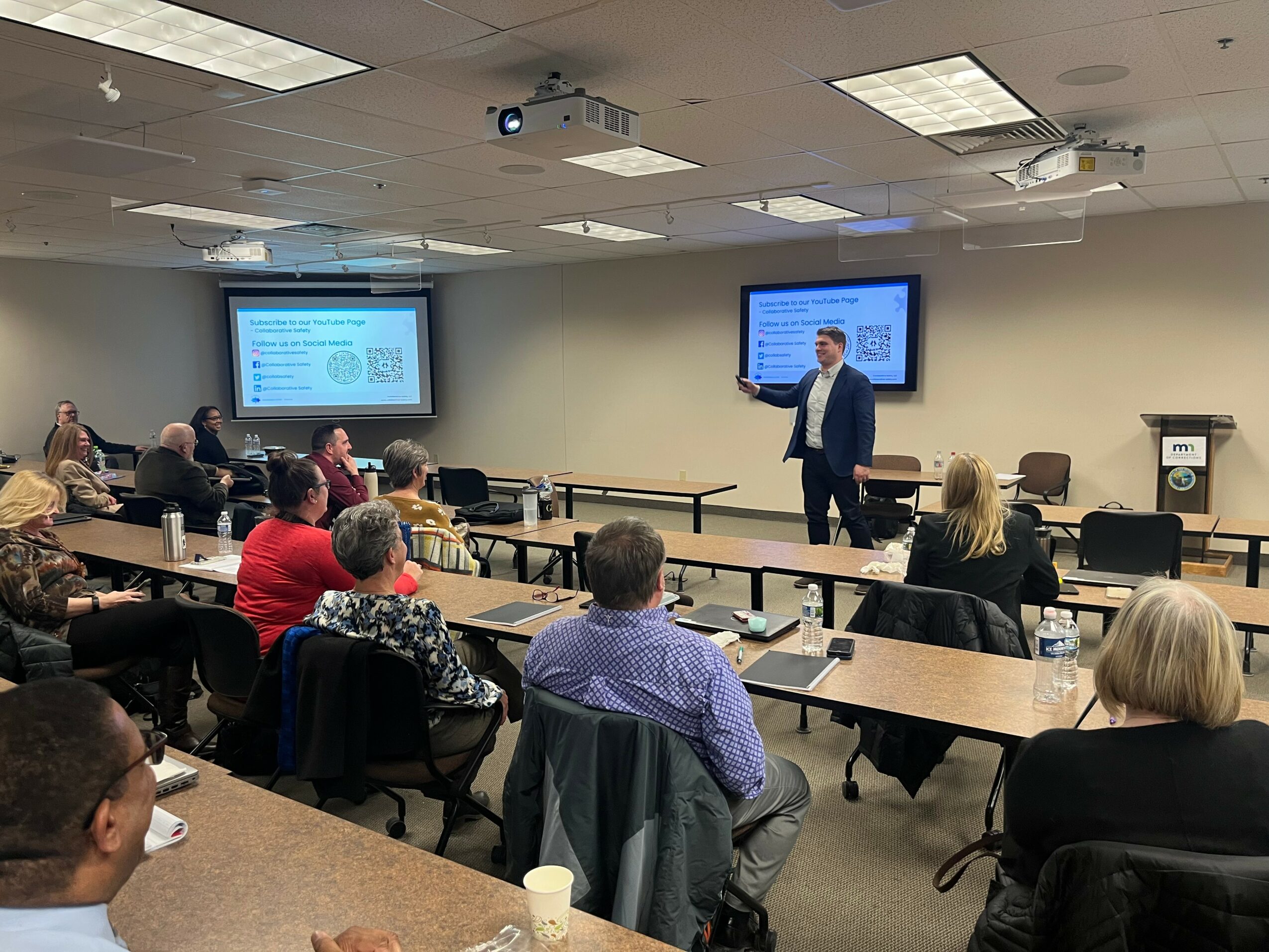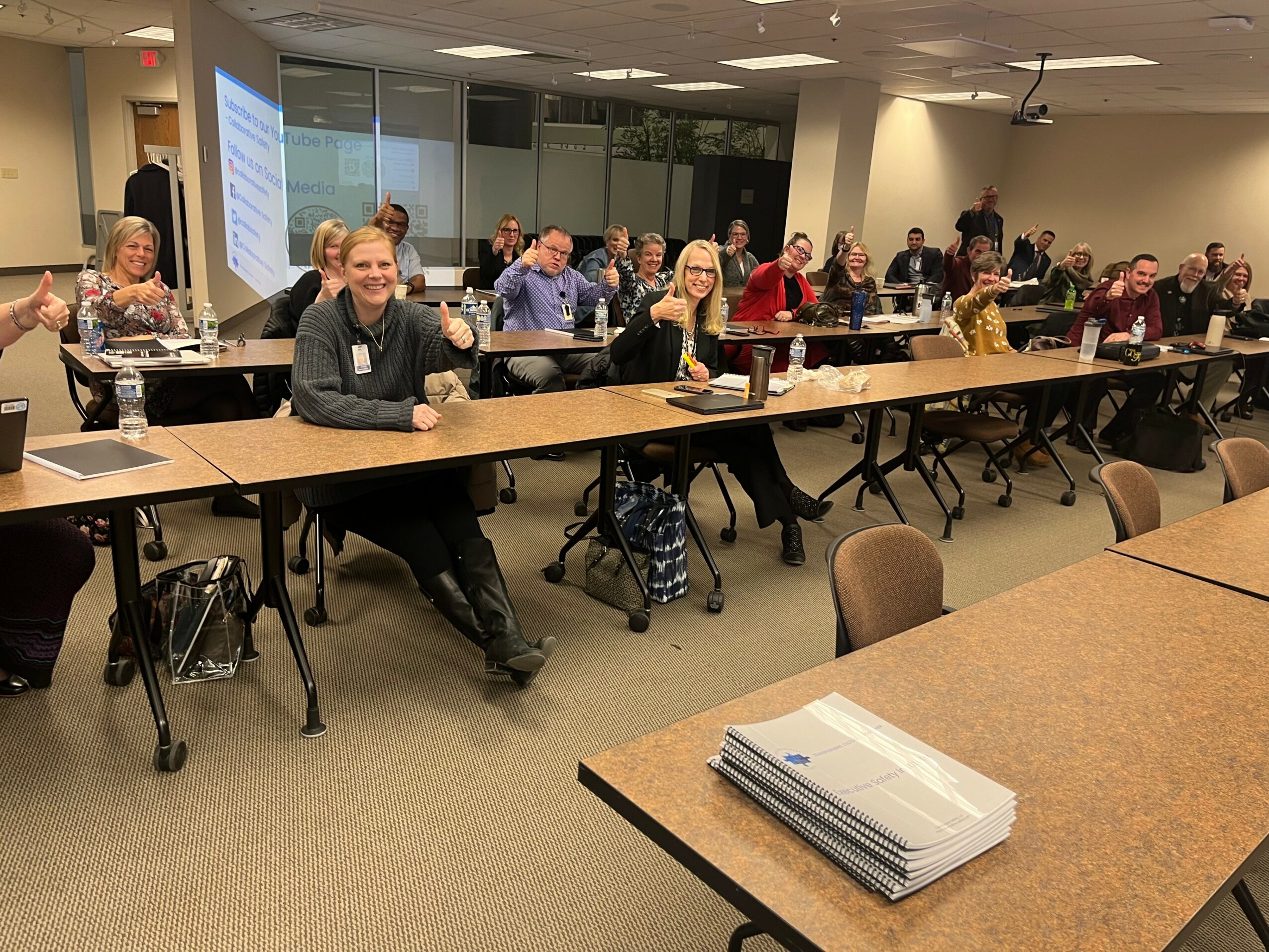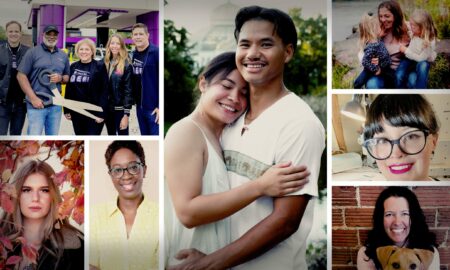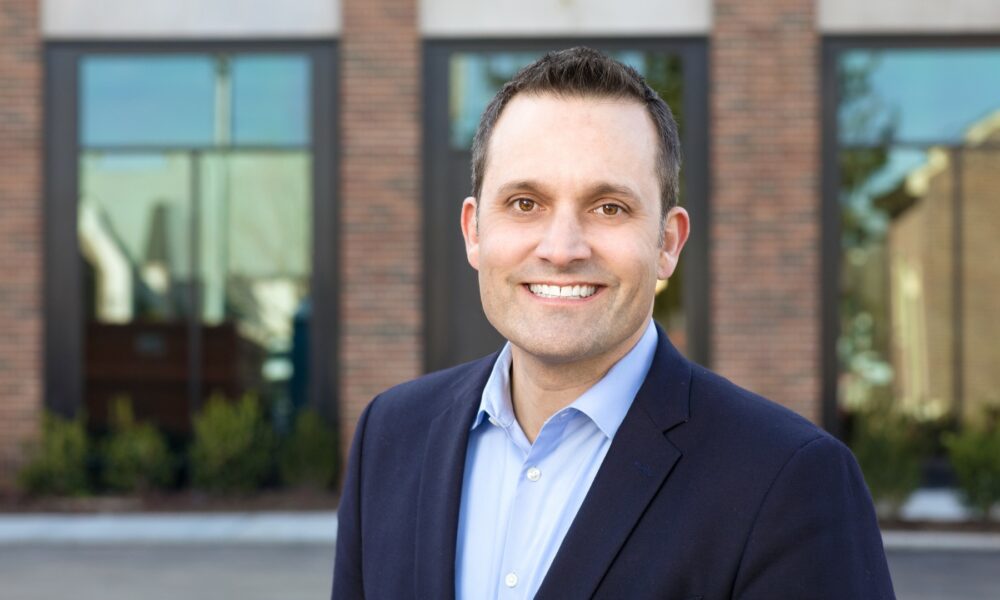

Today we’d like to introduce you to Scott Modell. They and their team shared their story with us below:
Scott J. Modell received his Ph.D. from the College of Education at Florida State University in 1997. Dr. Modell is the Chief Executive Officer of MCG Consulting and Co-Founder of Collaborative Safety. From 2013 to 2016, he served as the Deputy Commissioner of the Tennessee Department of Children’s Services. He has also served as the Deputy Commissioner of the Tennessee Department of Intellectual and Developmental Disabilities. Prior to moving to Tennessee, Dr. Modell spent fifteen years as a Professor at California State University, Sacramento. Over his last five years at the university, he additionally served as Director of the university’s Autism Center for Excellence. He is an expert in child abuse, crime victims with disabilities, disability etiology, and interview techniques. He has authored thirteen books and has over 300 published articles and abstracts.
Dr. Modell is frequently invited to lecture at national and international conferences regarding child abuse and crime victims with disabilities. He has taught for the Office of Victims of Crime (OVC), the National Children’s Advocacy Center (NCAC), the National Adult Protective Services Association (NAPSA), The Icelandic Government Agency for Child Protection, and the Singapore National Council of Social Service (NCSS). Additionally, Dr. Modell and his colleagues were referred to as pioneers in safety science by the Federal Commission to Eliminate Child Abuse and Neglect Fatalities. He has conducted workshops and training reaching thousands of police officers, educators, child protective service, and adult protective service professionals across the country. He has received international recognition for his work in the area of crime victims and interview techniques for individuals with disabilities.
I’m sure you wouldn’t say it’s been obstacle free, but so far would you say the journey has been a fairly smooth road?
Mostly smooth. Challenges when we first brought this work to the Tennessee Department of Children’s Services were building a safety culture in an agency that was facing a lot of challenges internally and externally from the media, legislature, and other oversight entities.
We were fortunate to work with some amazing people at TN DCS. There’s a lot more to tell. We look forward to discussing this further when we meet. This response is both for Scott Modell and Noel Hengelbrok.
Thanks for sharing that. So, maybe next you can tell us a bit more about your business?
Collaborative Safety provides a model across a spectrum of health, human service, and public safety agencies looking to improve their safety culture and performance. The approach is based on a holistic view of safety that recognizes the importance of considering the entire system of people, technology, and the environment and avoiding reactionary responses that can place blame on employees. Their services include the development of customized safety programs, employee training and engagement, and leadership development. The ultimate goal of Collaborative Safety LLC is to help organizations create a proactive, supportive, and continuously improving safety culture.
This model is founded on a unique and distinguished set of methods and sciences which include human factors and systems safety, behavioral analysis, forensic interviewing, and trauma-informed care. The Collaborative Safety model supports agencies to develop a culture of safety throughout the organization, establishing necessary shared values and education. To achieve this, Collaborative Safety employs top to bottom alignment throughout the organization and systems. This is achieved through a unique set of institutes and orientations designed for executives, leaders, supervisors, and frontline staff. These institutes introduce participants to the underlying science and framework vital to supporting a culture of safety. These learning experiences engage external stakeholders vital to supporting the agency and system’s transition to a culture of safety. In addition to the institutes and orientations, Collaborative Safety provides advanced practical training to specialized positions within the workforce to embed safety science principles and approaches into everyday work and currently existing processes and structures. By embedding these principles into the structural processes of the agency and broader system, artifacts are created that reflect the values central to a culture of safety. A central artifact in this process is the systemic critical incident review.
Collaborative Safety supports agencies to develop Systemic Critical Incident Reviews that are uniquely different from the current approaches standardly used. These systemic Critical Incident Reviews depart from surface-level descriptions of events that typically place blame onto front-line workers and instead use systemic analysis to understand how actions and decisions of workers within an agency are tied to their existing tools, tasks, and operating environment. Furthermore, this approach seeks to understand how decisions, initiatives, and resource allocations deeper within an organization and outside of it can surface in the work and outcomes experienced in everyday work. The systemic focus is less interested in component parts in isolation and more concerned with component interactions and connections between organizational and external structures.
Supporting the methods used to advance a culture of safety and develop the Systemic Critical Incident Review in the Collaborative Safety model is a unique blend of sciences. The primary scientific base for the model is founded in Safety Science which is commonly championed in industries such as aviation, healthcare, and nuclear power and has not been integrated across health and human service agencies until Collaborative Safety developed this model. This body of science engages disciplines such as human factors engineering, systems engineering, organizational management, psychology, sociology, and anthropology.
Furthering this unique blend of sciences is the integration of Behavior Analysis, Forensic Interviewing, and Trauma Informed Care into the Collaborative Safety model. The integration of Behavior Analysis science into the model supports understanding how the staff makes decisions in an organizational setting as well as understanding how managers and supervisors shape employee performance to achieve successful outcomes. The Collaborative Safety model relies on transferring reliable information from individuals involved in critical incidents into the analytical process. Forensic Interviewing best practices provide guidance on increasing the reliability and robustness of that information transfer. Additionally, the Collaborative Safety model embeds practice from Trauma Informed Care. Trauma Informed Care emphasizes physical, psychological, and emotional safety. This emphasis is particularly important for staff who come into contact with cases involving critical incidents.
In order to be able to design, provide and support this model, requisite educational and foundational training as well as broad experiential expertise is needed. The founders of Collaborative Safety have such a foundation and experience. Founder Scott Modell has a Ph.D. in education and spent 15 years as a Professor teaching in the areas of education, child development, and behavioral analysis. He has written extensively in this area and is recognized as an international leader in specialized forensic interviewing. Dr. Modell’s experiential expertise is derived from over two decades of working in and directing programs serving children and adults, participating as a multidisciplinary team member in cases involving children and adults, and providing training to child protective services, adult protective services, and law enforcement agencies on forensic interviewing and behavior management. Most notably, Dr. Modell spent a combined five years as Deputy Commissioner of the State Department of Children’s Services and the State Department of Intellectual and Developmental Disabilities. It was in this capacity that Dr. Modell developed additional and specific experience and expertise in providing this model.
Founder Noel Hengelbrok has received specialized education (MSc) and training in the area of Human Factors and Systems Safety. This education and training were supported by renowned scientific leaders such as Sidney Dekker and David Woods. Mr. Hengelbrok is a teaching assistant for the Lund University Master’s Program for Human Factors and System Safety (which is the premier institution in the world for this science). In this capacity, he has worked with and mentored professionals from industries such as aviation, healthcare, nuclear power, technology, maritime, and mining. Mr. Hengelbrok is recognized for his experience in developing and directing a statewide systemic critical incident review process and has an extensive background in service provision to children and adults.
Is there anyone you’d like to thank or give credit to?
Our clients have been amazing to work with. Look forward to discussing this further.
Contact Info:
- Website: www.colllaborative-safety.com
- Instagram: https://www.instagram.com/collaborativesafety
- Facebook: https://www.facebook.com/CollaborativeSafetyLLC
- Linkedin: https://www.linkedin.com/company/collaborativesafety/
- Twitter: https://twitter.com/Collabsafety
- Youtube: https://www.youtube.com/@collaborativesafety4995
